Search Results
Showing results 521 to 540 of 565
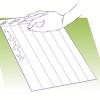
Sea Turtle Populations
Source Institutions
In this activity (on page 2 of PDF under GPS: Sea Turtles Activity), learners will model how a sea turtle population changes over time, from eggs to adults, using puffed rice.
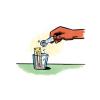
Change in Temperature: Exothermic Reaction
Source Institutions
Learners add calcium chloride to a baking soda solution and observe an increase in temperature along with the production of a gas and a white precipitate. These are all signs of a chemical reaction.
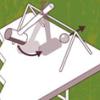
Extreme Kicking Machine
Source Institutions
In this design challenge activity follow up to "Kicking Machine", learners add a hands-free feature to their Kicking Machine.
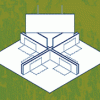
Four Corners
Source Institutions
In this design challenge activity, learners build a machine out of cardboard that runs smoothly and dependably. Learners must be precise to make sure their component works properly.
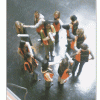
Running in Circles
Source Institutions
In this group activity, learners use some common objects and work together to simulate the Coriolis effect. During the challenge, learners make predictions and test different scenarios.
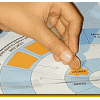
Light Quest
Source Institutions
Learners test their "light-smarts" by playing a game called "Light Quest!" The game board represents an atom and each player represents an electron that has been bumped into the atom's outer unstable
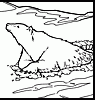
Arctic Story Puzzles
Source Institutions
This activity has three story puzzles learners can solve to learn about life in the Arctic.
Pollution and Lung Health
Source Institutions
Learners will build a lung model to understand how their lungs and diaphragm work to make them breathe.
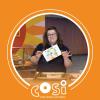
Shaving Cream Marbling
Source Institutions
In this activity, learners will create beautiful greeting cards by marbling with shaving cream and food dye. They will explore the chemistry behind the art of marbling.
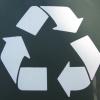
Symbol Search
Source Institutions
In this environmental activity (page 6 of the PDF), learners identify household products that are recyclable and explore the different types of recyclable plastics.
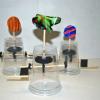
Micro Automata
Source Institutions
In this activity, learners build small animated toys that move.
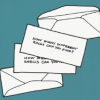
Envirolopes
Source Institutions
In this outdoor activity and observation game, learners hunt for a variety of textures, colors, odors and evidence of organisms in the activity site.
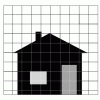
Paint by the Numbers
Source Institutions
In this pencil and paper activity, learners work in pairs and simulate how astronomical spacecraft and computers create images of objects in space.
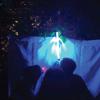
Observing Insects at Night
Source Institutions
In this activity, learners set up a night time insect observation station with a light and sheet.
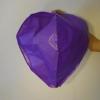
Hot Air Balloon
Source Institutions
In this activity, learners build a hot air balloon using just a few sheets of tissue paper and a hair dryer.
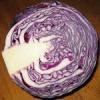
Cabbage Indicator
Source Institutions
In this fun chemistry activity (page 3 of the pdf), learners use cabbage juice to determine the pH of several substances.
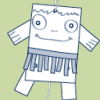
Action Figure
Source Institutions
In this project, students explore how levers work, by making a puppet with moving limbs.
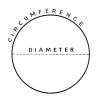
Pi Graph
Source Institutions
In this activity, learners use a straight line to learn about circles. Learners measure and record the diameter and circumference of different sized cylindrical objects on a chart.
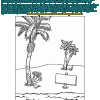
The Legend of the Flying Frog
Source Institutions
In this activity, learners listen to a story about a made-up endangered species--a flying frog! Learners print out six story pages and then draw the pictures and write the captions.
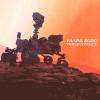
Mars Perseverance Activity: Areology
Source Institutions
In this activity, learners take core samples of candy bars with a straw and carefully observe & excavate their sample, modeled after what the NASA Perseverance rover will do on Mars.
